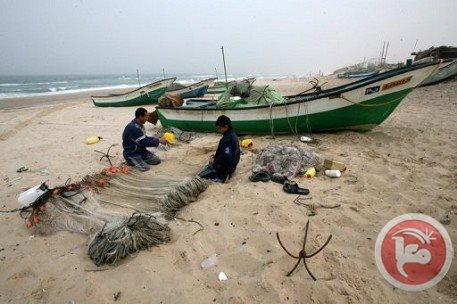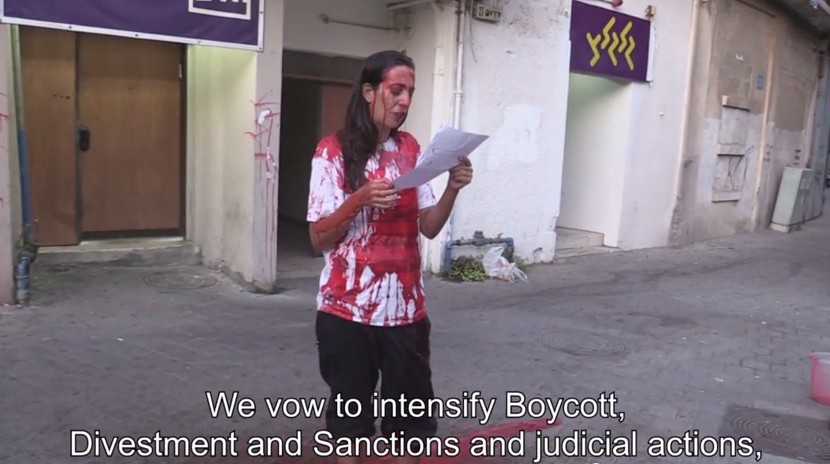Category: Gaza
-
Journal: Farming in Gaza near the Buffer Zone
9th November | Rina Andolini | Khuza’a, Occupied Palestine The farmers are rarely talked about. They blend into the background of the lands beyond the destroyed buildings of the towns. The reality is though, they are facing a battle themselves. Many farmers have had their homes, and farmland attacked. Farm land attacked I repeat, I mean, who…
-
PCHR report: Israeli attacks on fishermen in the Gaza Sea
22nd October 2014 | Palestinian Centre for Human Rights | Gaza, Occupied Palestine Israeli Naval forces continued to carry out attacks on Palestinian fishermen in the Gaza Strip during the reporting period (1 – 30 September 2014), including 18 shooting incidents that resulted in the injury of a fishermen while fishing; 4 chasing incidents that led…
-
Jews Against Genocide: Blood bucket challenge at Yad Vashem
29th September 2014 | Jews Against Genocide | Occupied Palestine Jews Against Genocide held memorials for the victims of Israel’s recent genocidal attack on Gaza during which the speakers poured buckets of blood like liquid over themselves at Yad Vashem holocaust museum in Jerusalem, the US embassy in Tel Aviv, The Israeli Supreme court in Jerusalem,…



